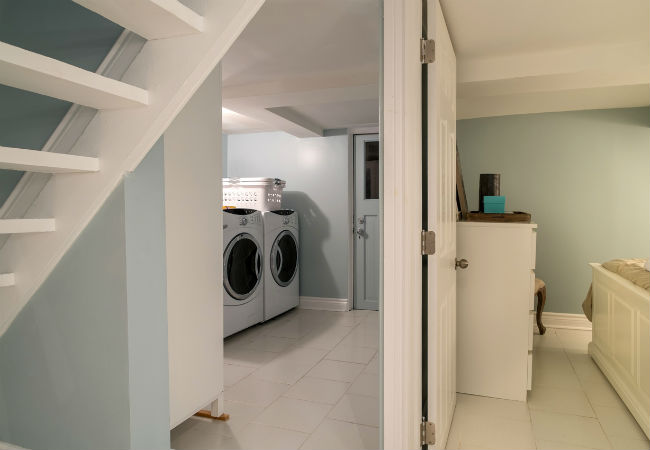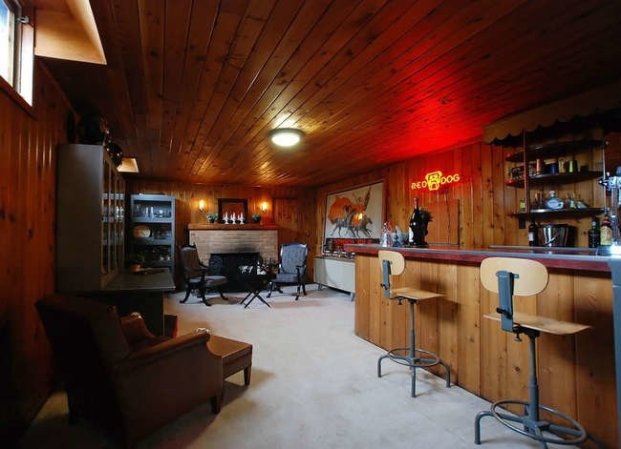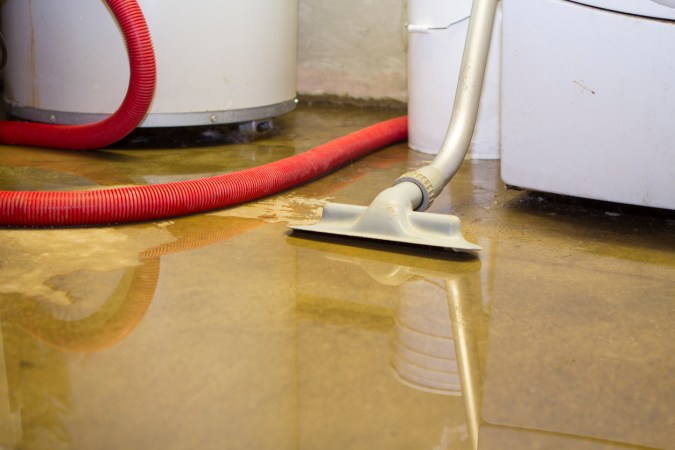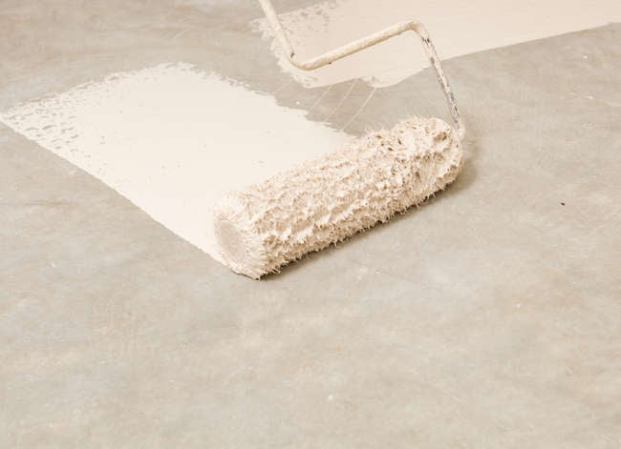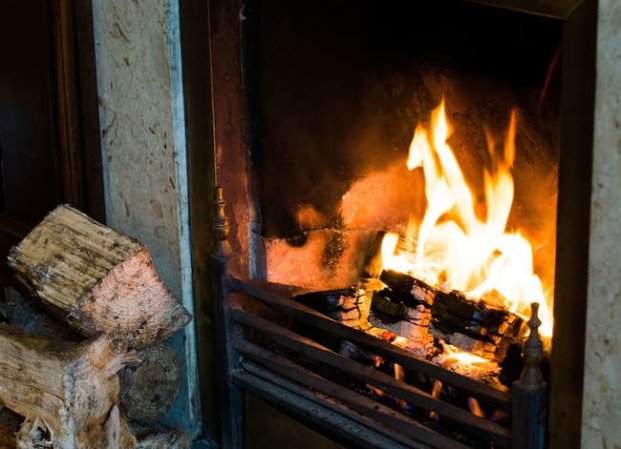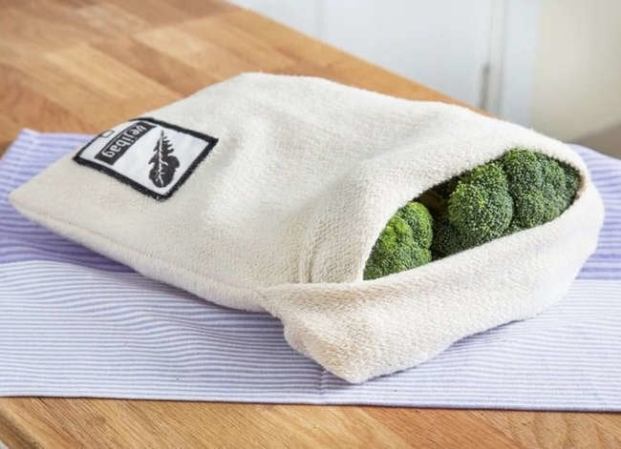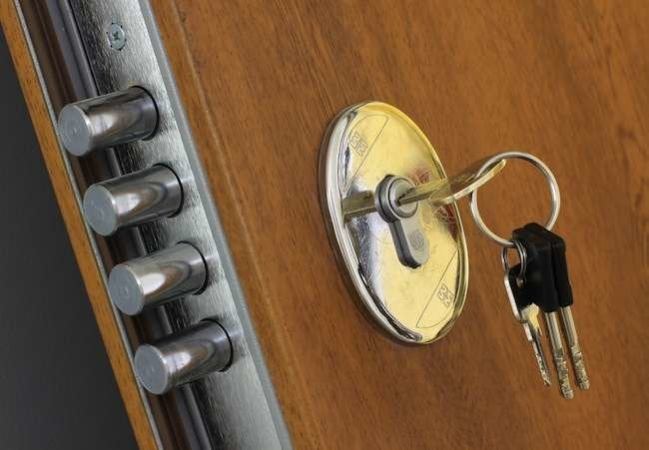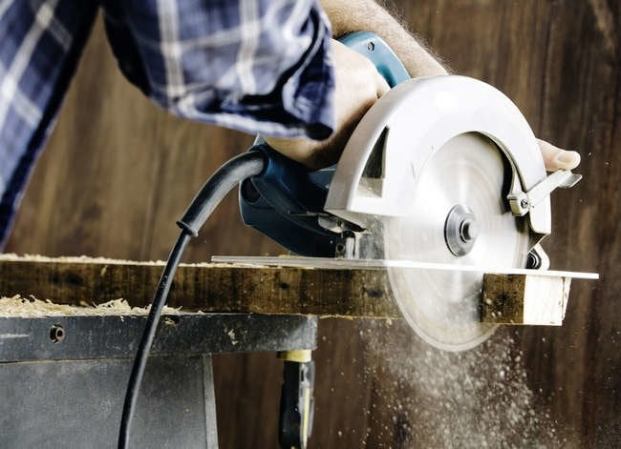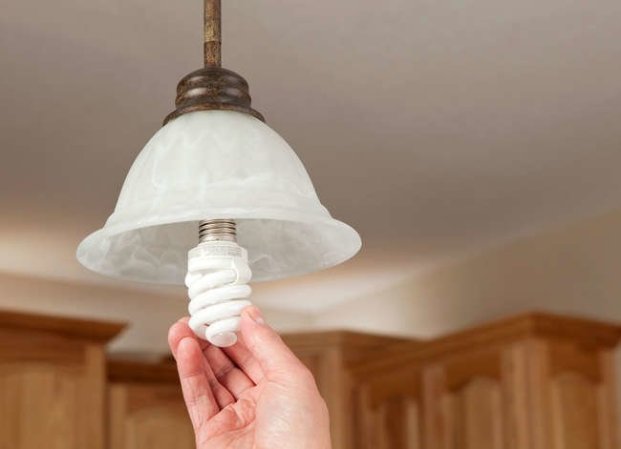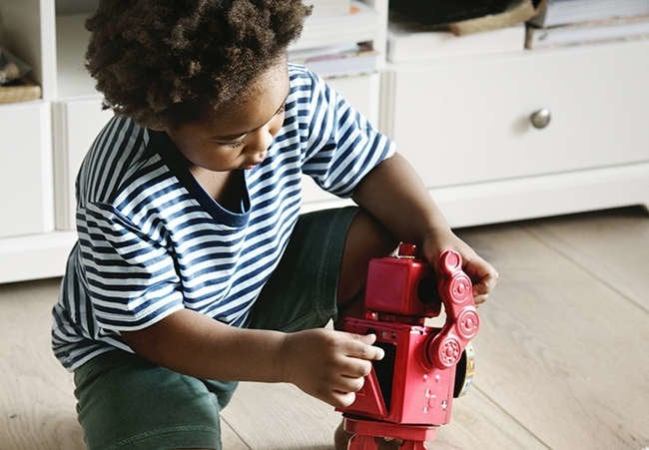We may earn revenue from the products available on this page and participate in affiliate programs. Learn More ›
Antiques
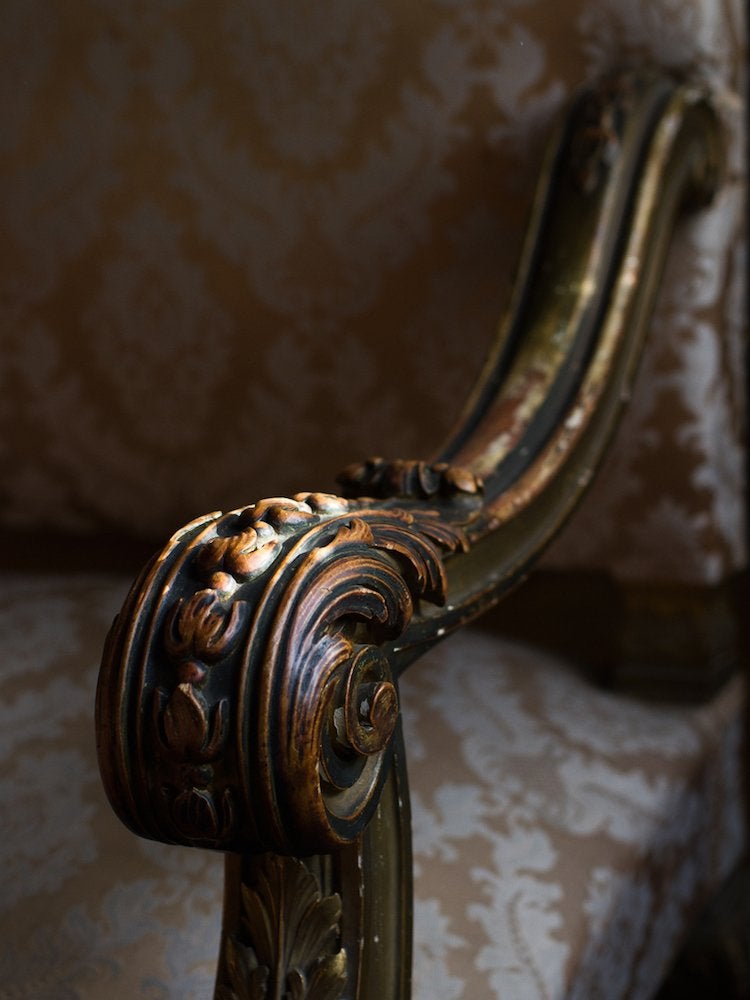
If you’re not ready to part with your grandmother’s hope chest, give it to a relative or find a nice cozy spot for it in your home. Exposure to moisture can warp wood, while extreme temperatures can swell, shrink, or crack the grain. As well, basements are typically dark and below ground, which makes them attractive to insects, fungi, and small rodents that may take up residence in your valuable heirlooms.
Memories
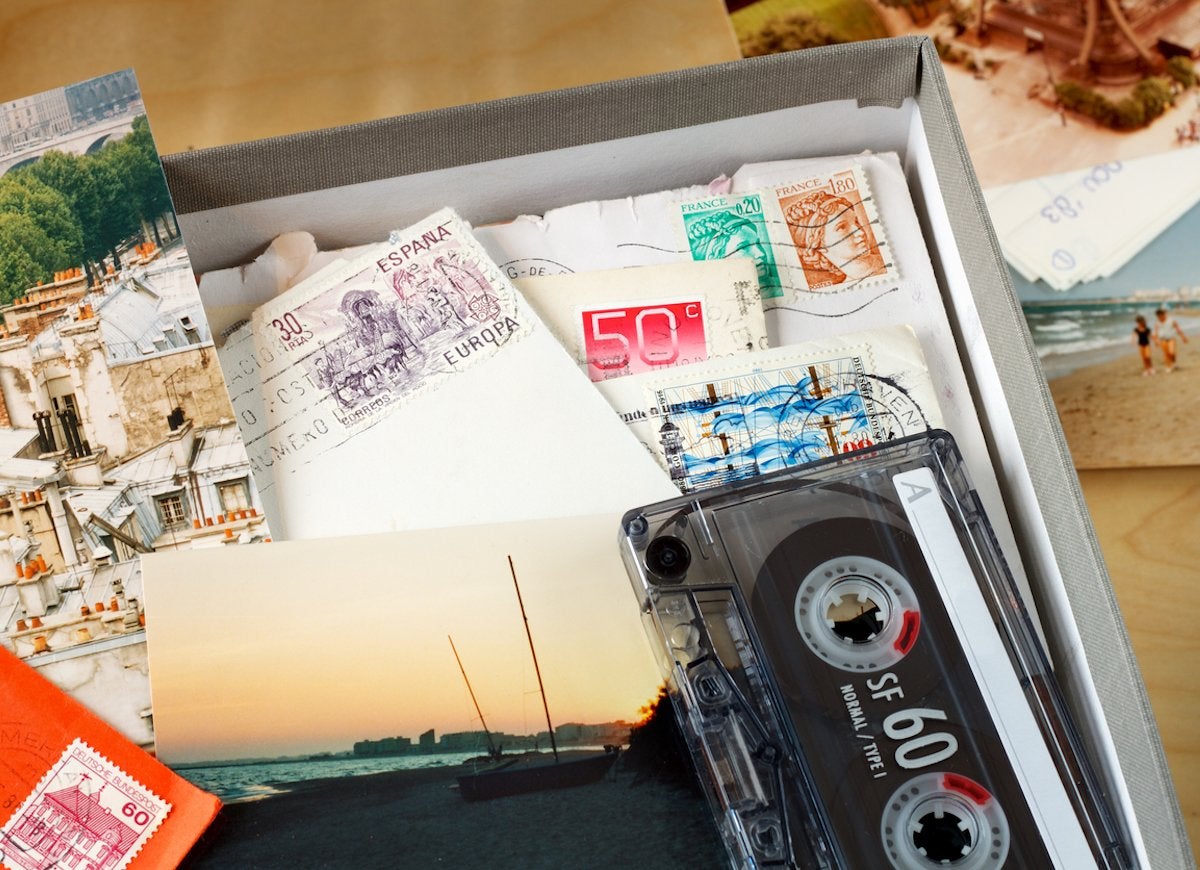
Are you looking for a place to stow those boxes filled with your vacation photos, the kids’ artwork, and stuffed animals? First, determine which items you really want to hold on to. After you’ve winnowed everything down, keep it all out of the basement! In the summertime, photos stored in a hot basement can melt and stick to each other. And at any time of year, moisture can cause paper that’s been decorated with paint or crayons to buckle, ruining those handmade Mother’s Day cards you treasured.
Clothes
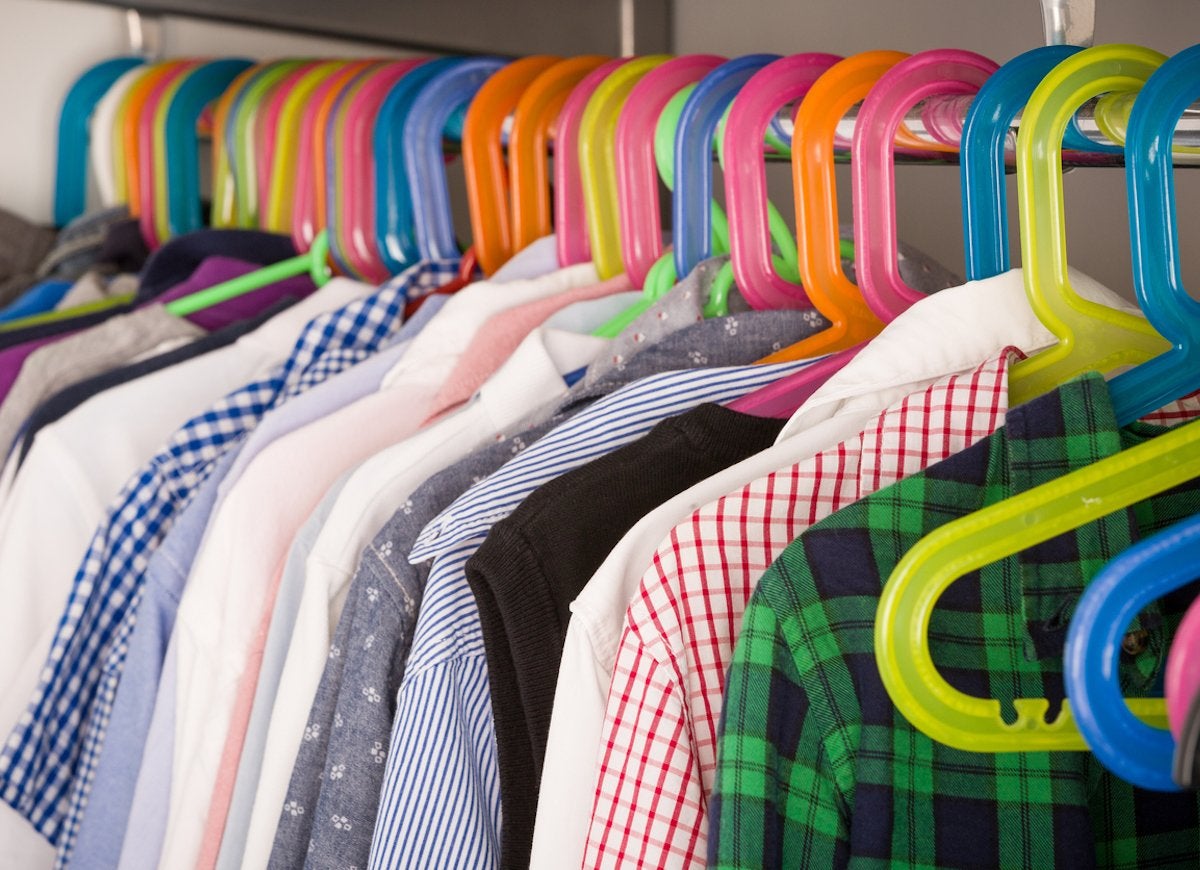
Silverfish can slip through the smallest gaps, gnawing holes in your off-season clothes. Keep clothing boxes on higher shelves and away from the floor, preferably in temperature-controlled spaces. Always choose tight-sealing plastic containers, and layer silica gel packets inside to prevent moisture damage. While you’re at it, toss in a few lavender sachets to ward off mustiness.
Firewood
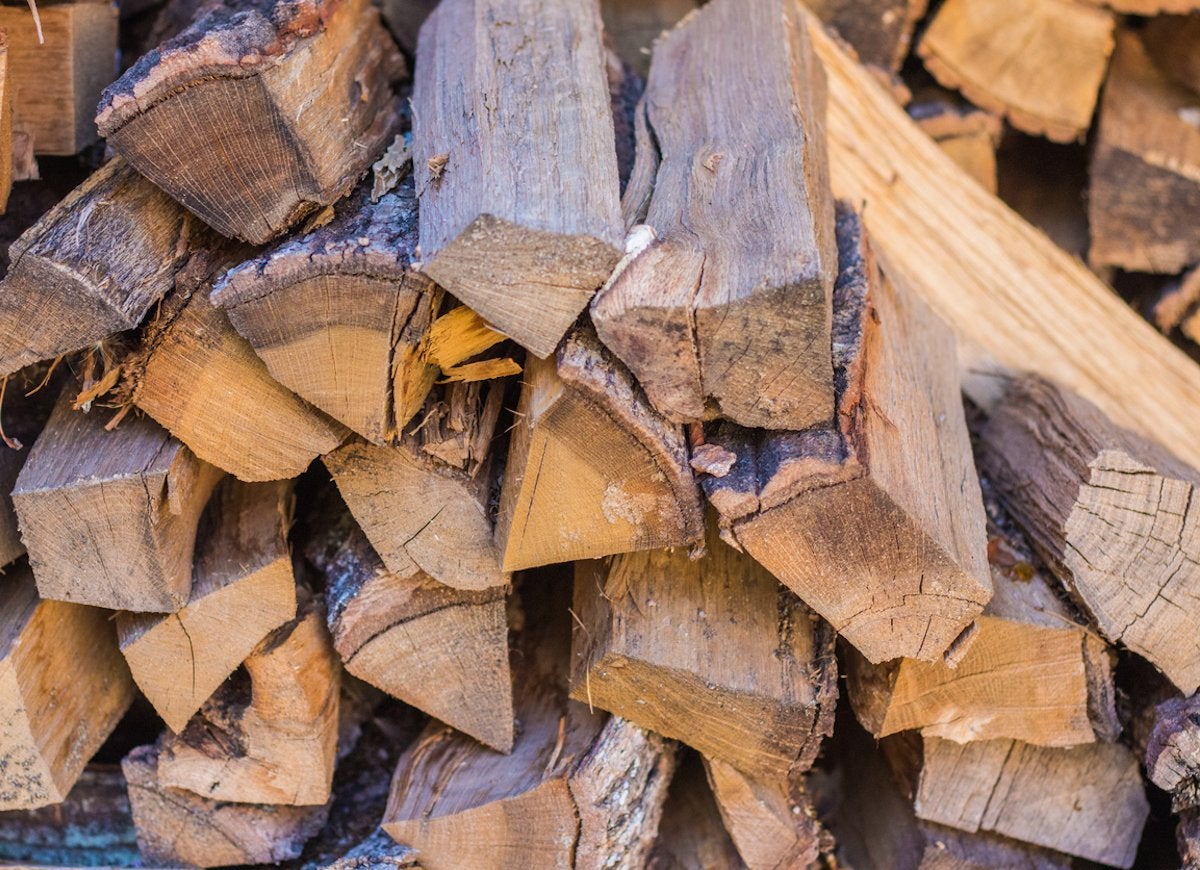
The basement is one of the worst places for storing firewood, which can easily be spoiled by moisture and rot. Ideally, store firewood outdoors in an elevated, covered storage area. This will allow freshly chopped wood to dry fully before use, a process that can take six months. Another option is to keep fully dried, ready-to-use firewood in a shed or storage trunk.
Food
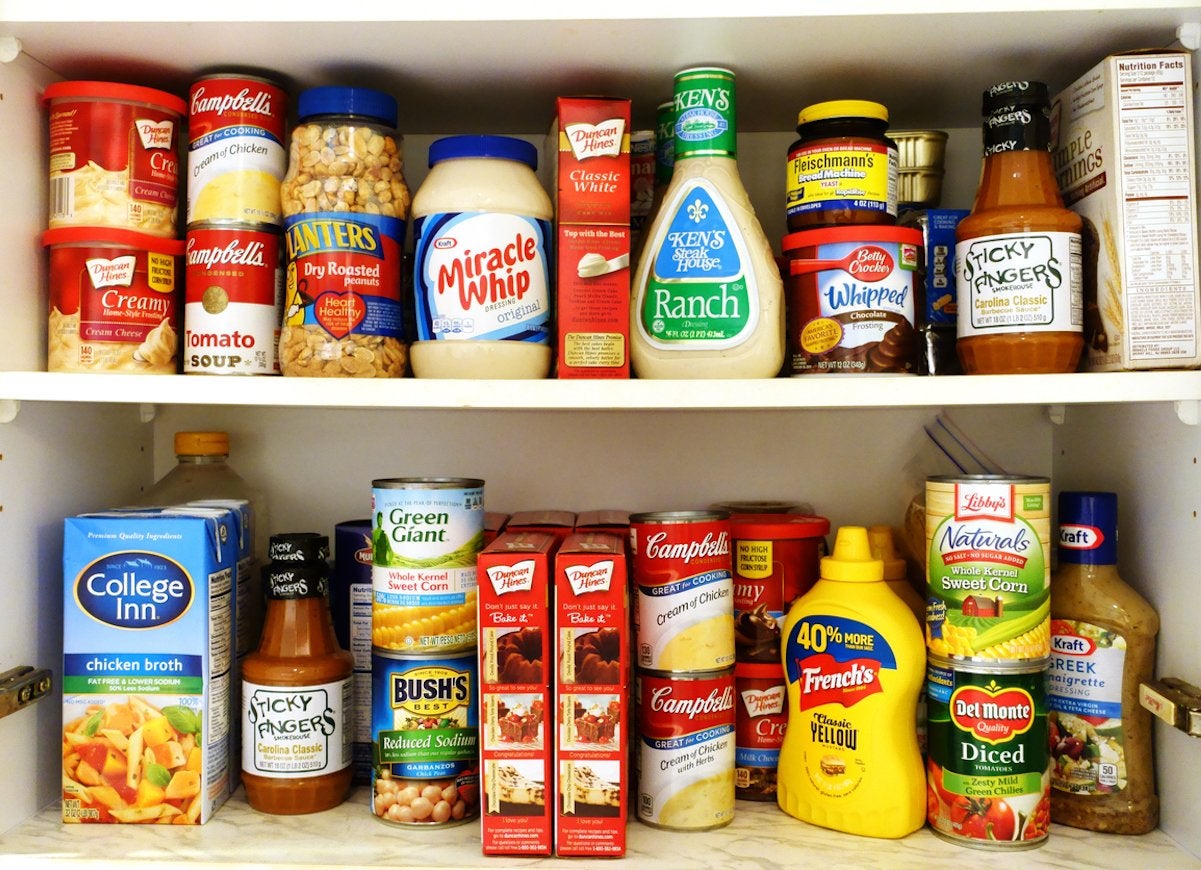
Food and beverages should generally not be kept in basements. Wine, canned or packaged foods, and some root vegetables may be kept in cellars, that’s true. But in a basement prone to temperature swings, alcohol and even canned goods can become compromised. While it’s tempting to store bulk items, pet food, and even Halloween candy in your basement, doing this is asking for trouble. Pests can smell packaged food, and candy can melt or become mildewed.
Important Papers
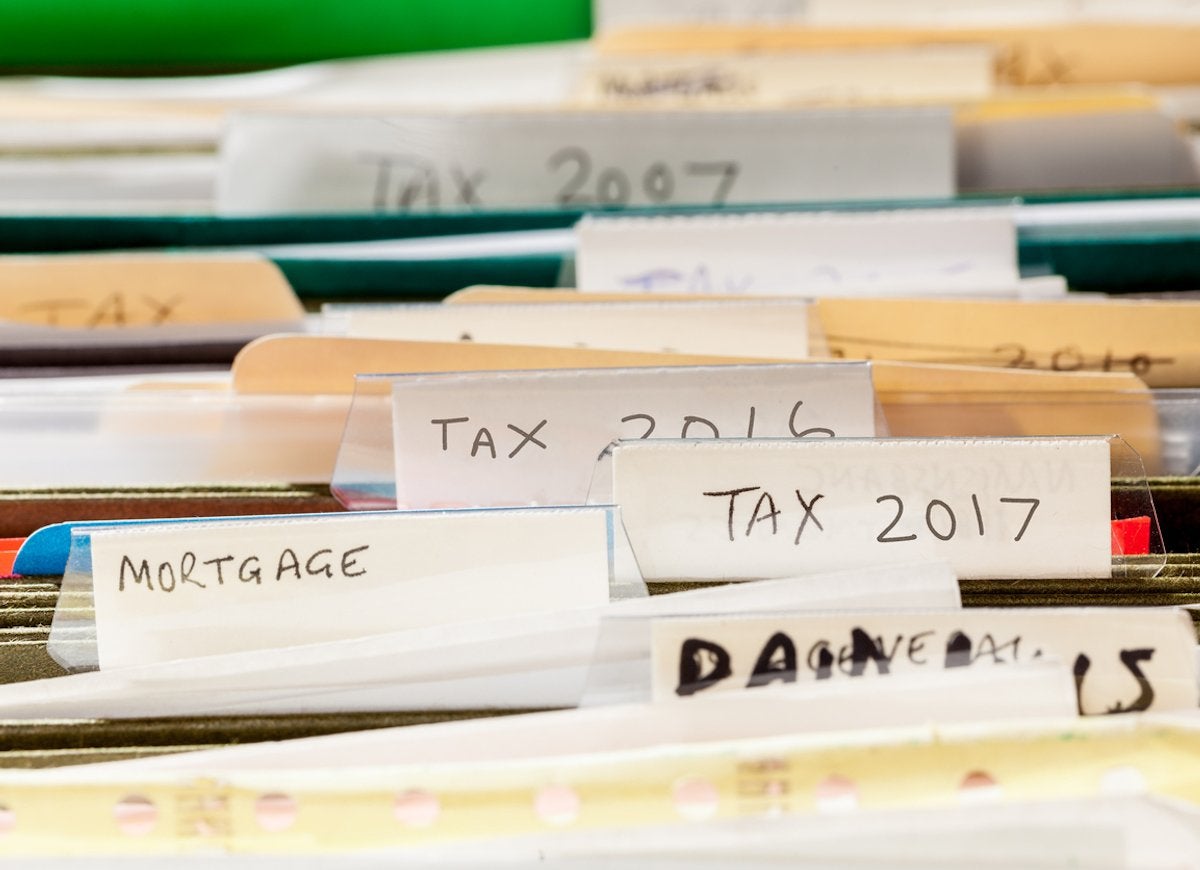
Never store birth certificates, wills, tax documents, or property deeds in your basement. Pests and humidity can eat away at delicate paper, causing irreparable damage. Another argument against keeping this paperwork in the basement is that it’s easier to misplace or lose important documents when they are out of sight and out of mind. Your best bet for these important documents is a locked fireproof box, kept in an convenient, easy-to-reach spot inside your home. Make sure trusted friends and family members are aware of its location, and keep scanned backups in an encrypted file on your computer—or give electronic copies to your lawyer.
Related: 7 Documents You’re Probably Forgetting to Shred
Fire Hazards
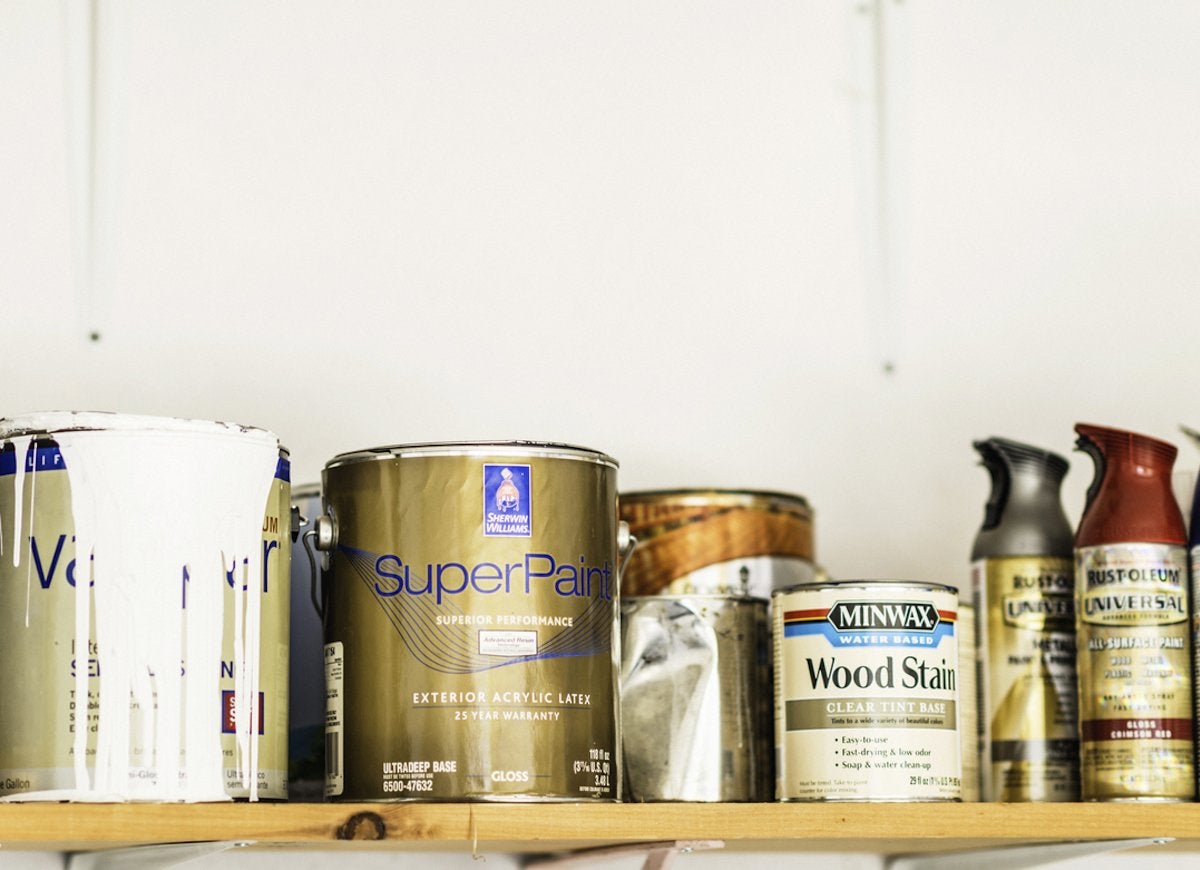
Extra propane tanks, house paint, and art supplies can become volatile when exposed to heat. Proximity to excessive heat from your furnace, water heater, and clothes dryer can change the chemistry of these products and potentially spark a fire. Avoid this possibility by storing propane tanks outside in a well-ventilated area and keeping other potentially flammable chemicals in an outdoor shed or detached garage.
Related: 13 Everyday Household Items You Had No Idea Are Flammable
Vitamins and Medications
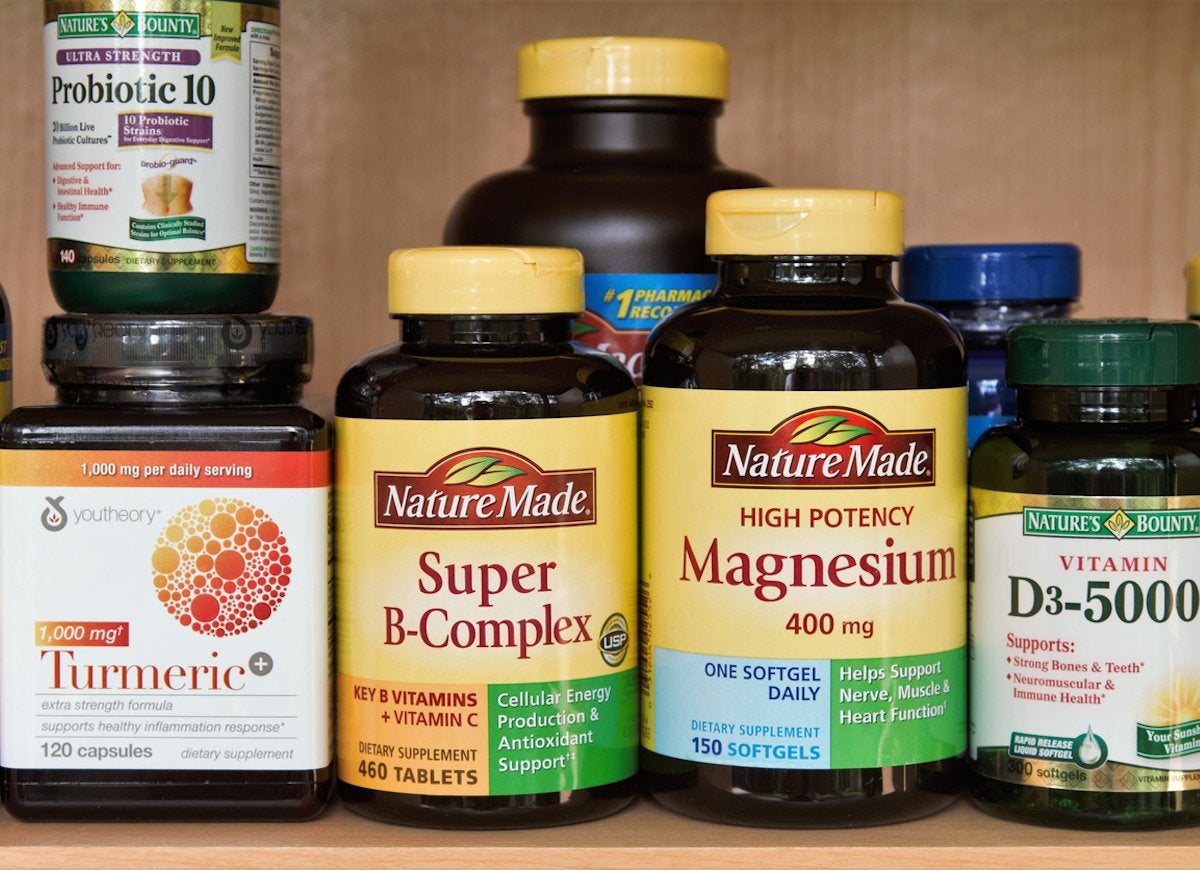
Always store vitamins and medications in safe, dry, cool places well away from children and animals. While basements do tend to be cool, they are also pest-prone and damp, which makes them poor candidates for storing meds. And while you’re figuring out where to stash all those little bottles, take the time to go through them and safely dispose of any medication that has passed its expiration date.
Electronics

Keeping electronics, even obsolete ones, in your basement isn’t a good idea. Humidity and temperature swings can erode any remaining usefulness. You may be able to find homes for old DVD players, cameras, computers, and TVs, but if not, look into local electronics recycling programs. Old cellphones can also be recycled or donated to a good cause.
Home Decor
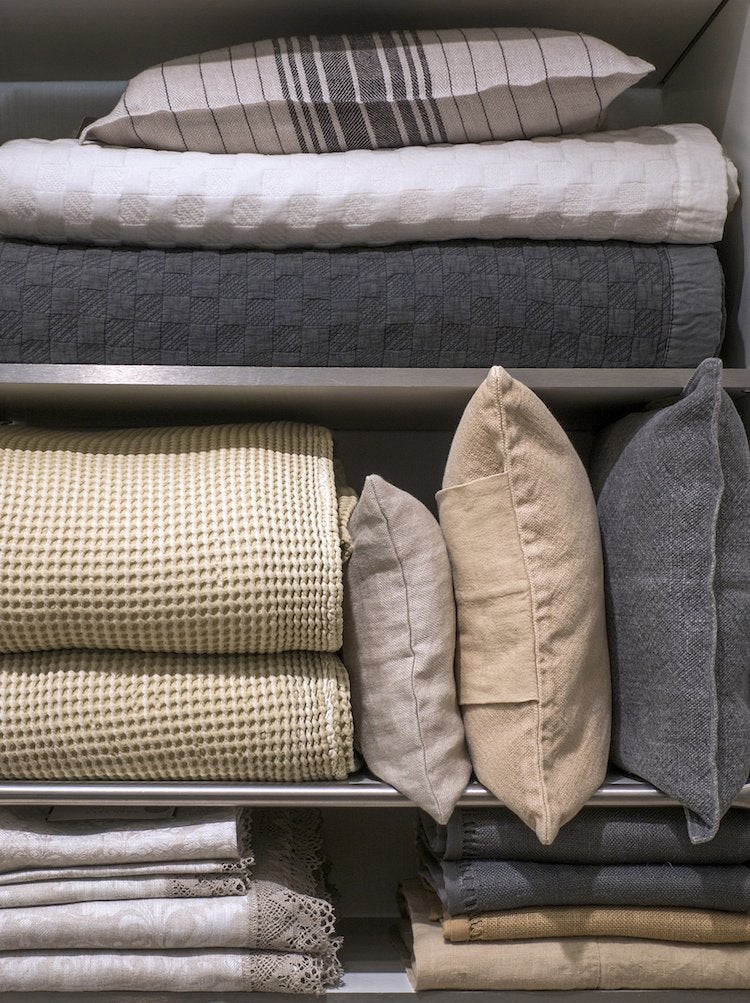
Basements are rough on decorative accessories and accents. Extra rugs, cloth napkins, and upholstery fabric are prone to water and pest damage. Candles can melt if temperatures get hot enough. Store decorative items in clean, dry containers, drawers, or cabinets inside your house. If you have been keeping candles in the basement for use during a power outage, replace them with battery-powered flashlights and lanterns, and be sure to keep extra batteries in a cool, dry place.
Safe Keepings
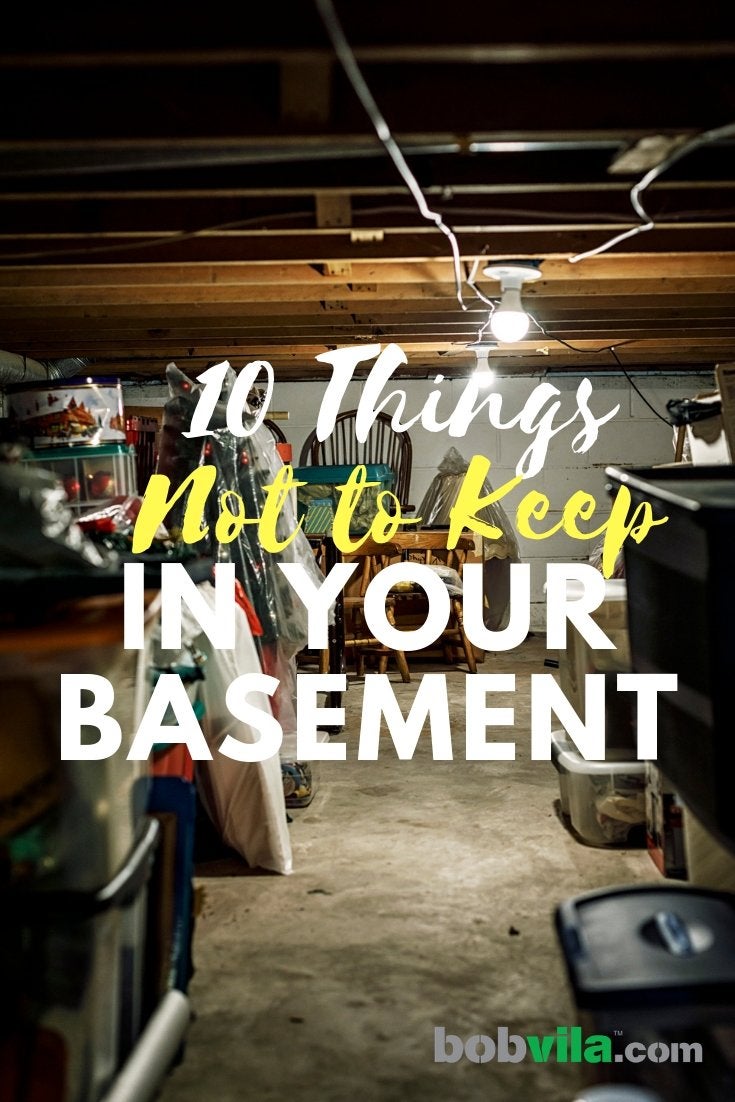
Make sure you’re storing your valuable memories in a place that won’t do them harm.




